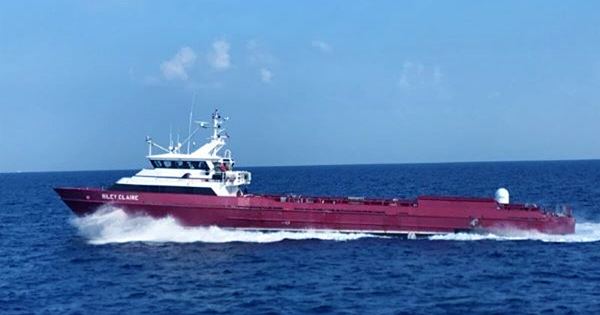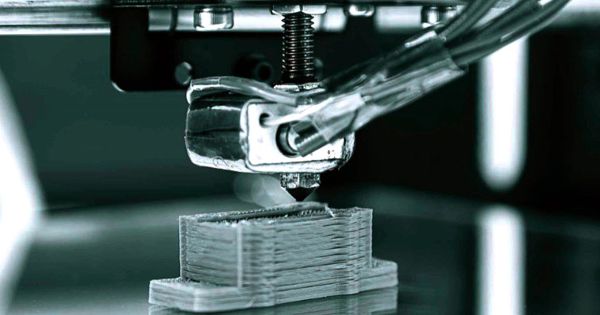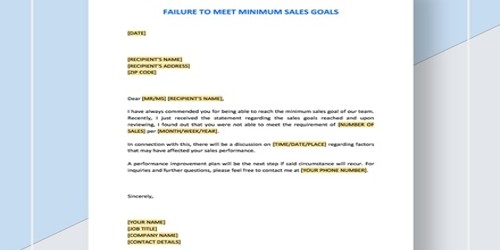All onboard Norway is crewless “ghost ship.” The world’s first fully electric autonomous cargo ship set sail for its first journey in Norway recently, providing a look into the future of maritime transport, which is slated to be greener, cleaner, and humanless. Yara Birkeland is an 80-meter (262 foot) longship with deadweight of roughly 3,200 tons. The ship can control autonomously or via remote control thanks to a system of sensors and computers, that eliminates the need for an onboard crew. Furthermore, the vessel is powered by electrical propulsion and a battery, which means it can only carry out zero missions.
Its maiden journey, which took place on Thursday, November 18 from Horten to Oslo, was just a demonstration trip, with the Norwegian Prime Minister and the Minister of Fisheries and Ocean Policy in attendance.
However, the business plans to put the ship into commercial service in the next years, hauling mineral fertilizer from Yara’s Norwegian mill in Porsgrunn to Brevik’s port.
Although the trip is just around 20 minutes by vehicle, the corporation believes it will significantly reduce pollutant production. “It will save 1,000 tonnes of CO2 and 40,000 diesel-powered truck journeys every year,” Holsether noted.,” Yara CEO Svein Tore Holsether remarked during the event.
“This is a great example of green transition in action, and we’re hoping that this ship will usher in a new era of emission-free container ships.” “A high-tech solution like this would assist a lot of areas in the globe with clogged highways,” he concluded.
Autonomous ships also tested for military purposes elsewhere in the world. Earlier this year, the US Navy sent an unmanned ship dubbed NOMAD on a 8,187-kilometer (4,421-nautical-mile) cruise from the Gulf Coast to the Pacific Coast, passing via the Panama Canal. In comparison to traditional boats, autonomous ships have both advantages and downsides.
For starters, because most maritime mishaps are caused by “human mistake,” computer systems may prove to be far safer captains than humans are. The lack of a crew allows for increased cargo room, lighter construction, and lower fuel consumption.
Emerging technology on the other hand carries with it new concerns, such as the potential of cyberattacks and dependability issues, furthermore, autonomous ships are now only capable of coastal and river routes, not lengthy ocean voyages, according to Camille Egloff, a marine transport specialist at Boston Consulting Group, who spoke to AFP about the Yara Birkeland’s first trip.
Because this technology is so new, there is very little regulation – something that will undoubtedly need to addressed shortly. Regardless of these early setbacks, it appears that crewless ships will play a significant role in the future of maritime transportation.
















